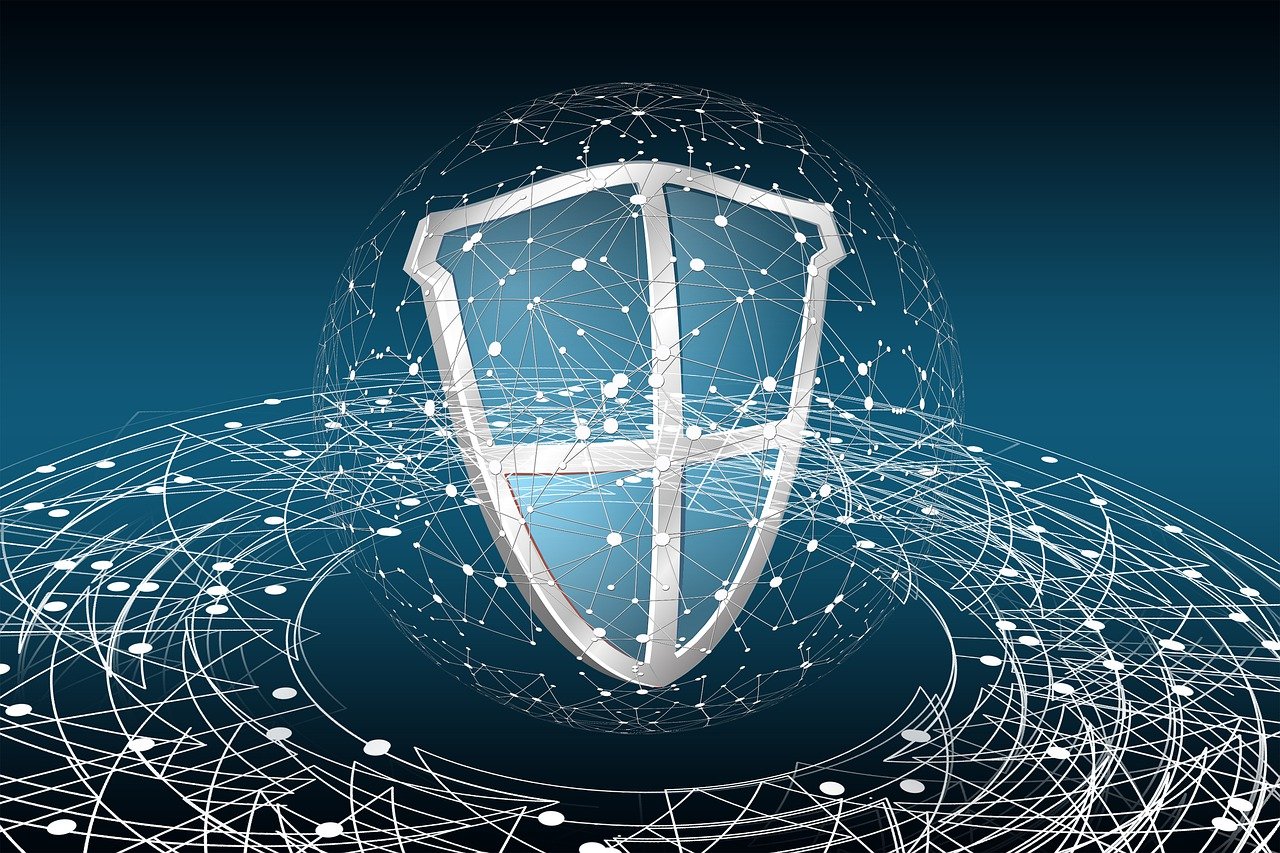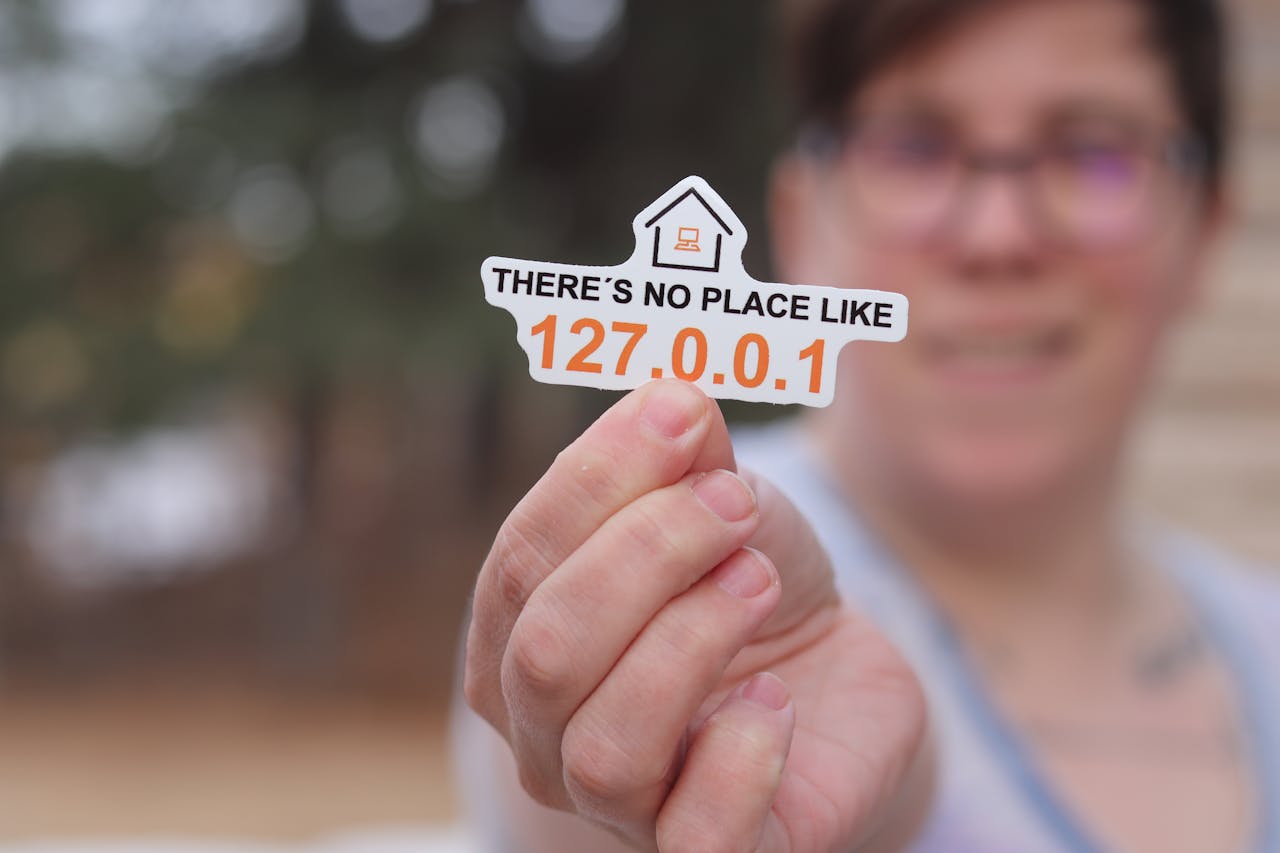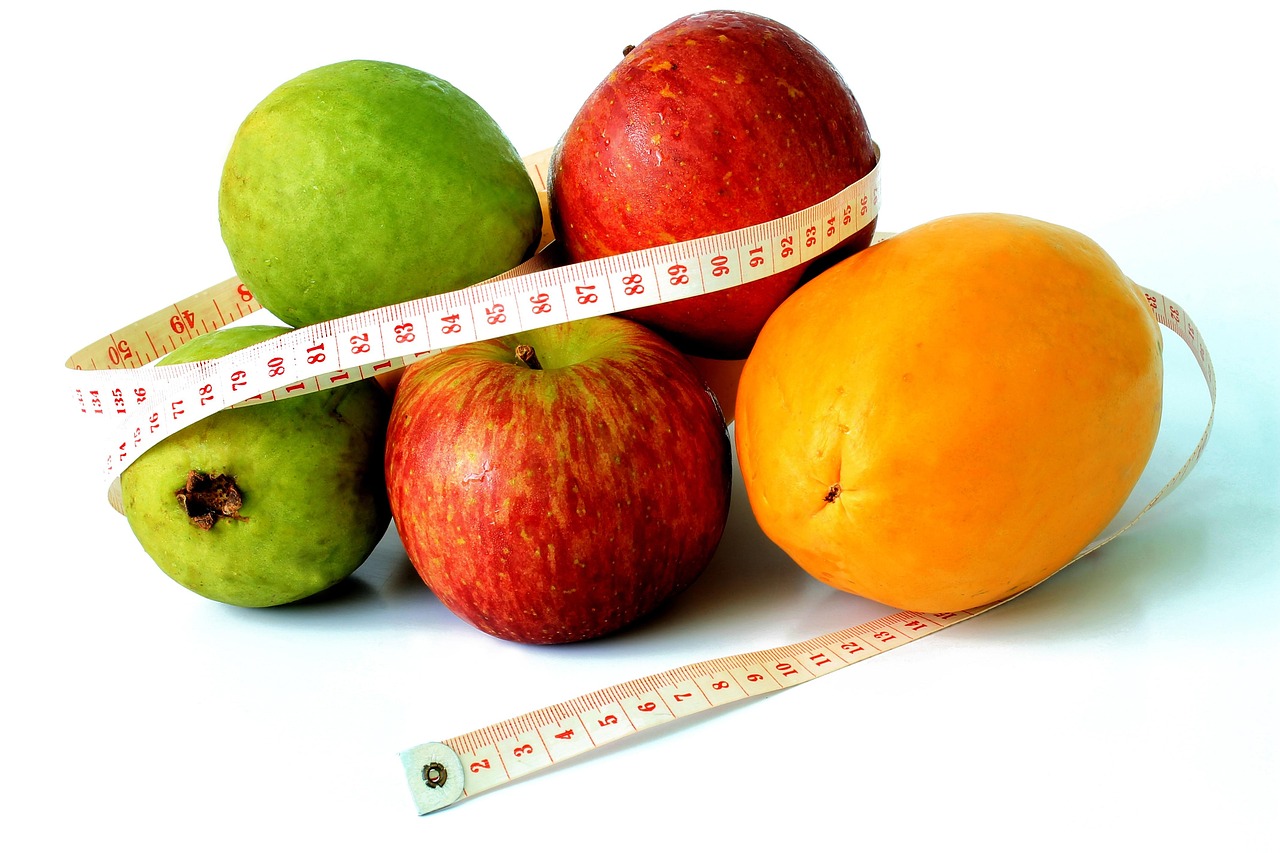QR Code Decoder
A QR Code Decoder is a tool or software used to scan and interpret QR codes, converting the encoded data back into its original form, such as a URL, text, or contact information. When you scan a QR code with a smartphone or QR code reader, the device uses a QR code decoder to read the information embedded in the code and display it for the user.
A QR Code Decoder is a tool or software used to scan and interpret QR codes, converting the encoded data back into its original form, such as a URL, text, or contact information. When you scan a QR code with a smartphone or QR code reader, the device uses a QR code decoder to read the information embedded in the code and display it for the user.
Key Features of a QR Code Decoder:
-
QR Code Scanning:
- The primary function of a QR Code Decoder is to scan a QR code and decode the information contained within it. This is typically done using a camera or QR code scanner.
-
Supports Multiple Data Types:
- A QR code can store different types of data, such as URLs, text, contact information (vCard), email addresses, Wi-Fi credentials, etc. A QR code decoder will recognize the type of data and display it in a readable format.
-
Instant Interpretation:
- Once a QR code is scanned, the decoder instantly processes and displays the information, whether it's opening a webpage, saving contact details, or displaying a message.
-
Error Correction:
- QR code decoders often have error correction algorithms that allow them to decode QR codes that may be slightly damaged or unclear. This ensures that even if part of the QR code is missing or unreadable, it can still be accurately decoded.
-
Link to External Tools or Actions:
- Some decoders, particularly those used in web or mobile apps, may trigger external actions after decoding the QR code, such as launching a browser to visit a URL or adding a contact to a phone's address book.
-
QR Code Image Upload:
- Some QR code decoders allow users to upload an image of a QR code, rather than scanning it in real time. This can be useful if you have a QR code saved as an image or need to decode one from a document.
How to Use a QR Code Decoder:
-
Scan the QR Code:
- Using a device with a QR code reader or scanner, point the camera at the QR code. Many modern smartphones have built-in QR code scanners in their camera app.
-
Decoding the QR Code:
- Once the QR code is detected, the decoder processes the code and retrieves the stored information. Depending on the type of data, it will either open a webpage, display text, save contact information, or perform another action.
-
View the Decoded Data:
- The decoded information is displayed, allowing you to take the appropriate action, such as visiting a website, copying text, or adding a contact.
Common Use Cases for a QR Code Decoder:
-
Accessing Websites:
- When a QR code encodes a URL, the decoder will direct you to the website associated with that URL when scanned.
-
Adding Contact Information:
- QR codes can store contact details in the vCard format. Scanning the code with a QR code decoder can add a contact directly to your phone’s address book.
-
Wi-Fi Login:
- QR codes containing Wi-Fi login credentials allow users to automatically connect to a network without manually entering the password. The QR code decoder processes the information and connects you to the Wi-Fi.
-
Event Tickets or Check-ins:
- QR codes are often used for event tickets or check-ins. The decoder can quickly process the ticket information, allowing for fast entry to events or venues.
-
Payments:
- Many payment platforms use QR codes for transactions. Scanning the code with a decoder can automatically launch the payment system, making it easy for users to complete purchases.
-
Product Information:
- QR codes on products can be decoded to provide additional information, such as product details, pricing, or promotional offers.
-
Document or File Sharing:
- Some QR codes encode a link to a document or file stored online, allowing users to download or view it by scanning the code.
Benefits of Using a QR Code Decoder:
-
Ease of Access:
- QR code decoders make it incredibly easy to access information quickly, whether it’s a website, contact, or event details, by simply scanning the code.
-
Contactless Interaction:
- QR codes are commonly used for contactless interactions, such as making payments or accessing services, which is convenient and secure.
-
Error Recovery:
- Advanced QR code decoders can handle slight imperfections in QR codes, allowing them to work even if part of the code is damaged or obscured.
-
Convenience for Users:
- QR codes save users time by eliminating the need to type URLs or manually search for information. Scanning the code instantly brings up the relevant content.
-
Wide Compatibility:
- QR code decoders are widely available and compatible with most devices, including smartphones, tablets, and computers, making it easy for anyone to scan a QR code.
Example Use Case:
- Scanning a QR Code on a Product: If you're at a store and see a QR code on a product, you can use a QR code decoder on your phone to scan it. The decoder might open a webpage with more information about the product, or it could display a discount code for you to use at checkout.
Summary:
A QR Code Decoder is a tool that allows you to scan and interpret QR codes, turning the encoded information into a readable format, such as a URL, text, or contact information. Whether it's for marketing, payments, event check-ins, or other purposes, QR code decoders provide an efficient and convenient way to access and use the data stored in QR codes.













